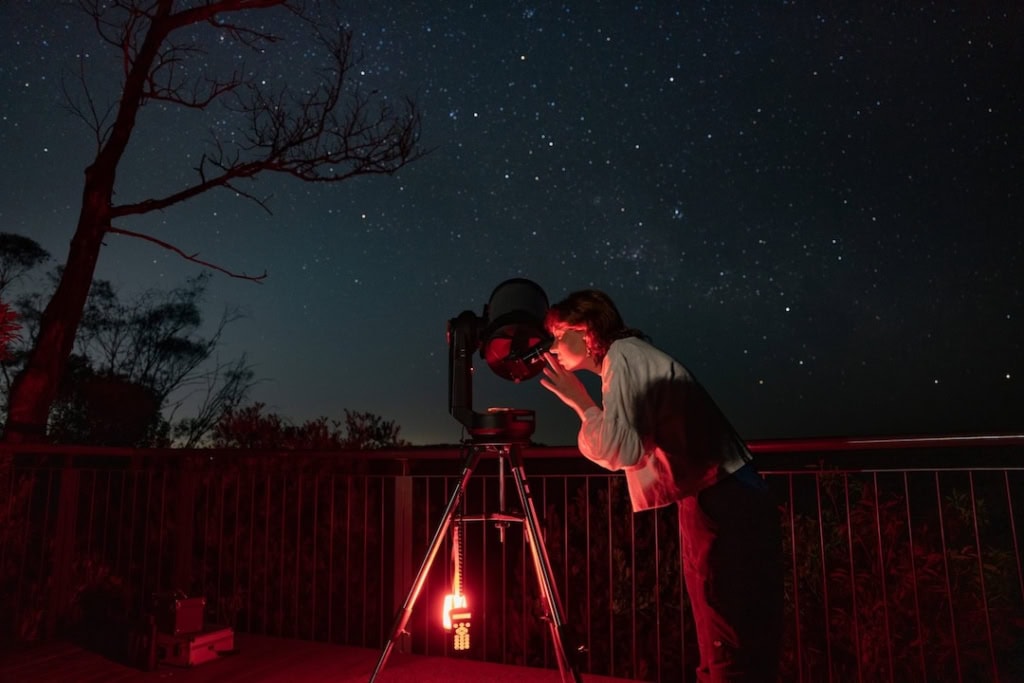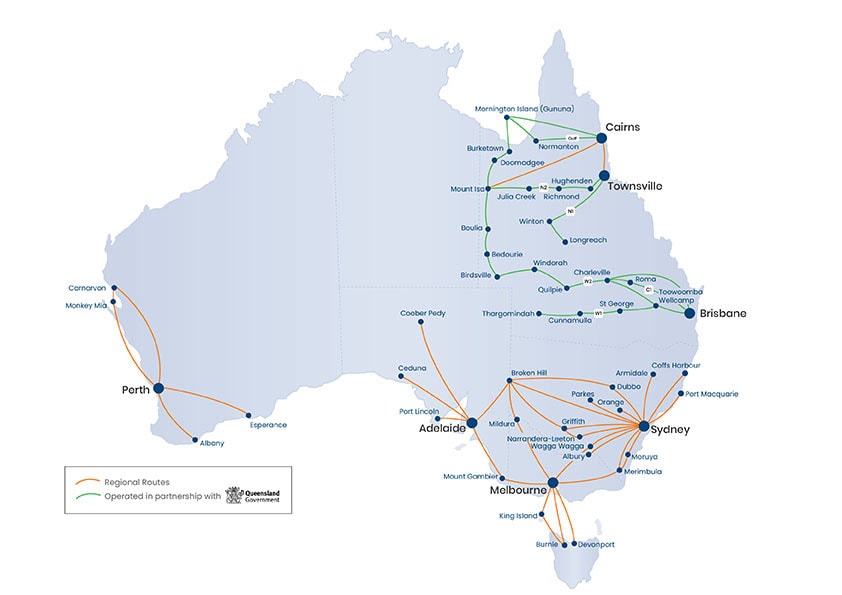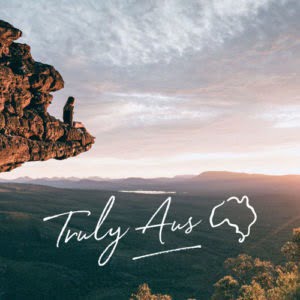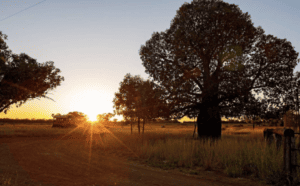These are our top spots to experience a dazzling stargazing experience, in both observatories and in national parks.
Look through state-of-the-art telescopes, or bring your own to stargaze in and around Sydney to see the wonders of the night sky in a different light.
Opening Image: Blue Moutains stargazing / Destination NSW
Sydney Observatory
Millers Point
Located in the heart of Sydney, the night shines brightly at the Sydney Observatory. This heritage-listed scientific site is open from Wednesday through to Saturday, and guided tours take guests up charming spiral staircases that lead to the observatory’s preserved domes. The observatory stands on the highest natural area in Sydney Cove, allowing guests to see stars over Sydney Harbour. After stargazing you can peruse part of the Powerhouse Museum to learn about astronomy and the observatory’s Indigenous and historical significance. Family and accessibility tours ensure all guests have a safe and enjoyable experience.
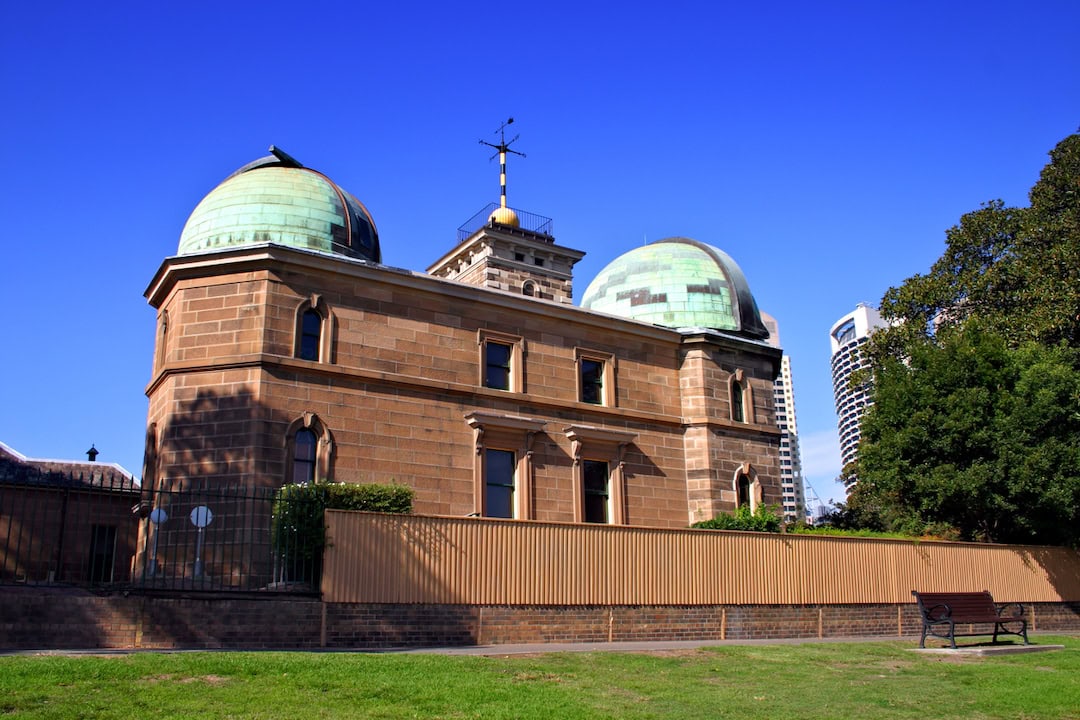
Green Point Observatory
Oyster Bay
The Green Point Observatory combines both education and stargazing experiences in the Sutherland Shire. The observatory offers public open nights, astronomy courses and speakers hosted by the Sutherland Astronomical Society to encourage people of all ages to enjoy the night sky. Guests can look through the 41cm Selby and 35cm Napier telescopes to gaze at Saturn, moons and nebulae, while there are also smaller telescopes available for viewing. Group bookings offer a tour, informational presentation and view of all large telescopes. Junior gazing activities enable younger children and families to enjoy the space as well.
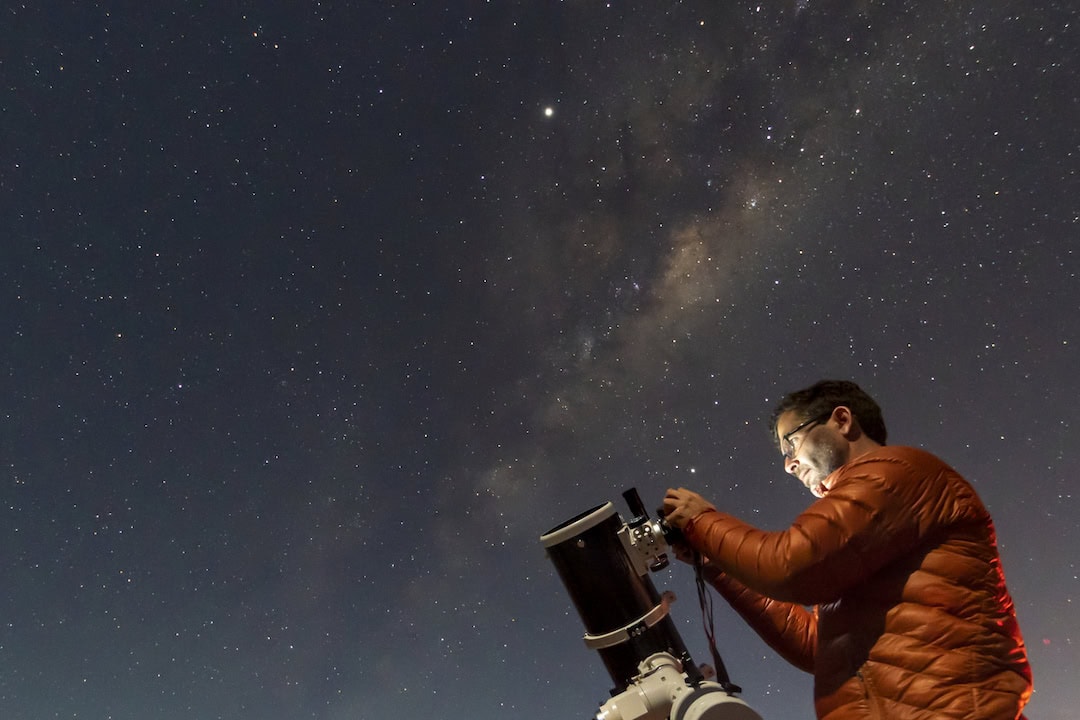
Macquarie University Astronomical Observatory
Macquarie Park
The Macquarie University Astronomical Observatory encourages both amateur and experienced stargazers to come out and marvel at our planets. Every Friday and Saturday night guests can observe stars out of their 41cm, 30cm and portable telescopes. The university also houses a 40-seat planetarium where guests can view up-close surfaces of the planets and deep sky objects, regardless of the weather. Inside the planetarium, visitors can take a guided tour of our solar system and attend presentations tailored to interests or age groups. Viewing Mars from this location is a popular drawcard. Is there life out there or not?
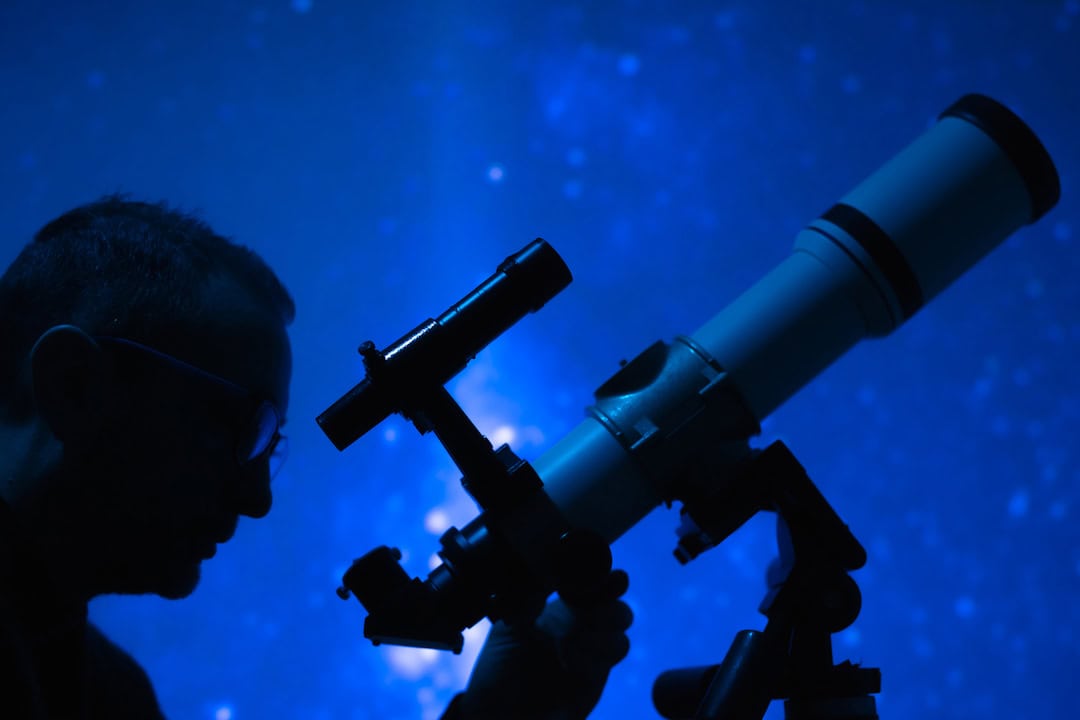
Linden Observatory
Linden
Located in the spectacular Blue Mountains (an hour and a half from Sydney) Linden Observatory offers an intimate viewing of terrestrial objects in a secluded area – it is a place where guests can step back in time and explore the night sky with seasoned astronomers. Participants must be 12 years of age or older and book their visit through the Western Sydney Amateur Astronomy Group. The grounds include the old 61cm Beames’ Observatory handcrafted telescope and workshop from 1948, the Evens 76cm Telescope, and observing fields for setting up your own. Away from the bright city lights, the night sky seems even more full of endless possibilities and discoveries.
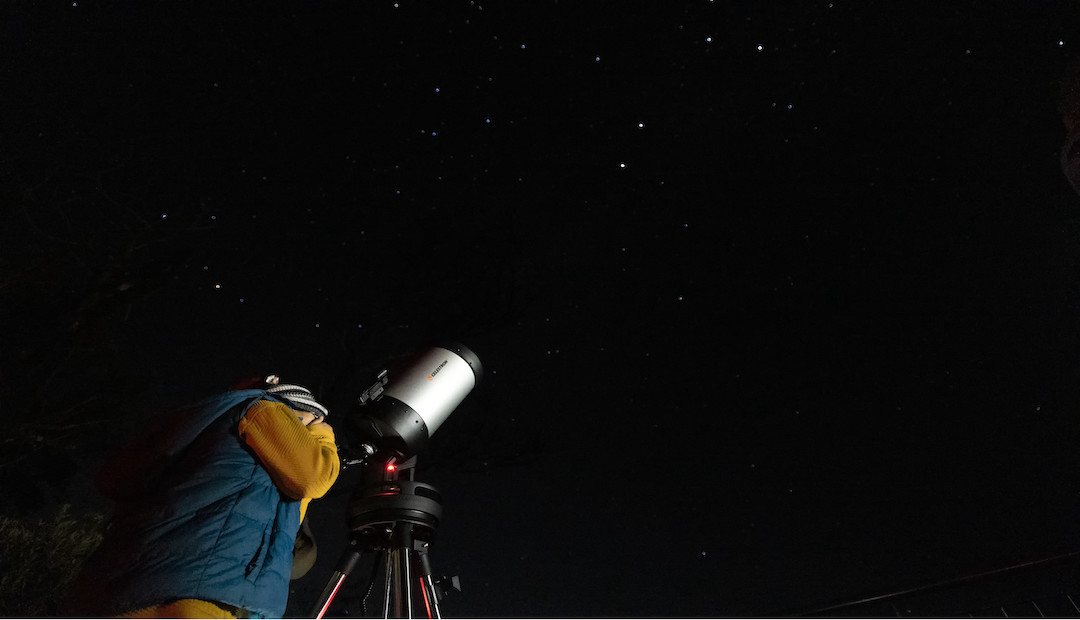
Blue Mountains National Park
As the light fades, the night sky comes to life over the sandstone cliffs and ancient forests of the Blue Mountains National Park. Whether you partake in one of the many park tours that aid you in exploring the night sky or it’s just you and your telescope, the Blue Mountains have some awesome viewing spots. Lincoln’s Rock in Wentworth Falls and Hargraves Lookout at Blackheath both have 180-degree clear sky views, and if you get there at dusk you can also snap an excellent sunset pic. Stargazing tours introduce you to the history of the mountains, the southern sky constellations, as well as acknowledge the stargazing knowledge of the local Gundungurra and Dharug peoples.
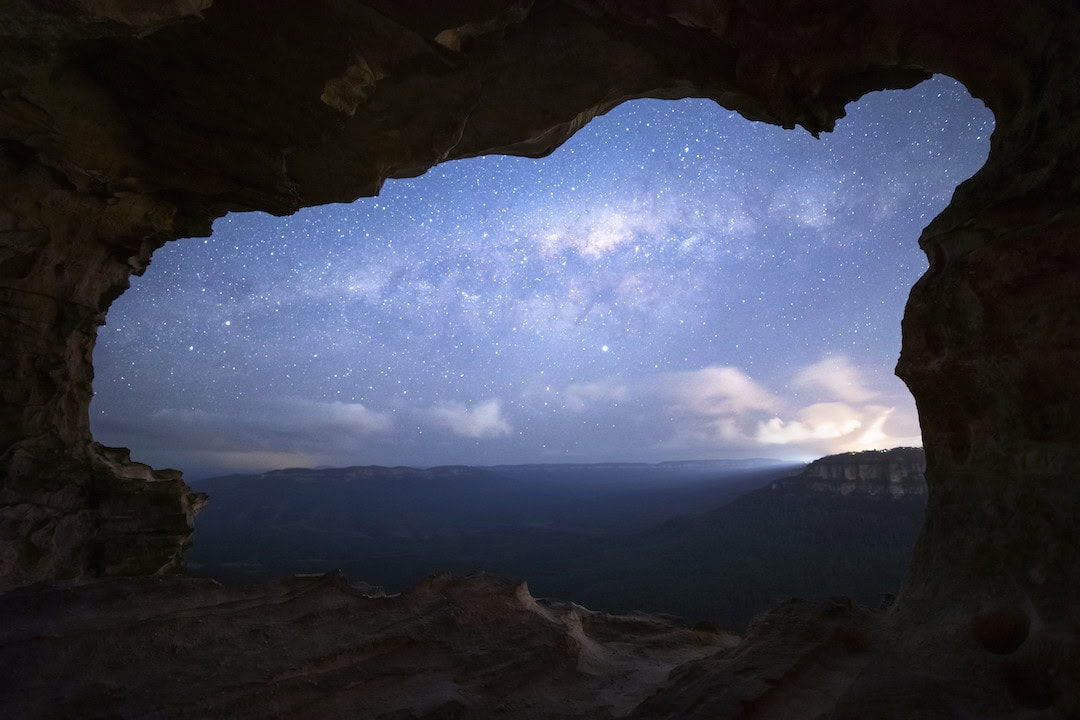
Royal National Park
As the second-oldest national park in the world, the Royal National Park holds the crown for being one of the most popular stargazing locations in Australia. Since its establishment in 1879, people from all over the world flock to its diverse landscapes and vast starry skies. The winter months are the best time to see the constellations due to better visibility. The park’s location means it has low levels of air and light pollution making it the perfect spot to watch stars from the coastal cliffs. The Bald Hill and Otford lookouts that sit on the far south end of the park provide excellent views of both the coastline and the night sky for all your gazing needs.
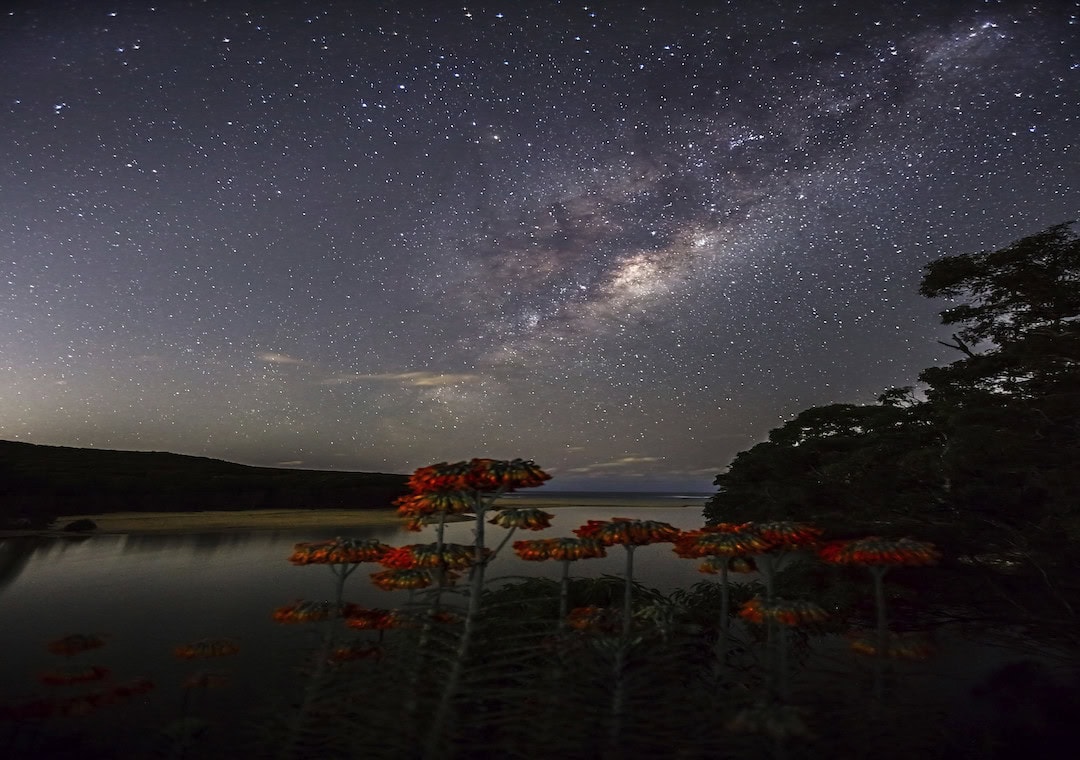
Bouddi National Park
Bouddi National Park is known for its stunningly patterned sandstone cliffs that catch the light spectacularly when the sun goes down. The dense rainforest and dark bushland creates the perfect environment for spotting constellations. A long wooden boardwalk takes you to Gerrin Point Lookout – the best stargazing area in the park – where you can stargaze while listening to waves crash upon the shore. From here, there are amazing panoramic views over Maitland Bay on the Bouddi coastal walk. If you have your own telescope, the Bombi Moor Circuit has many flat spots ideal for you to set up and explore the night sky.
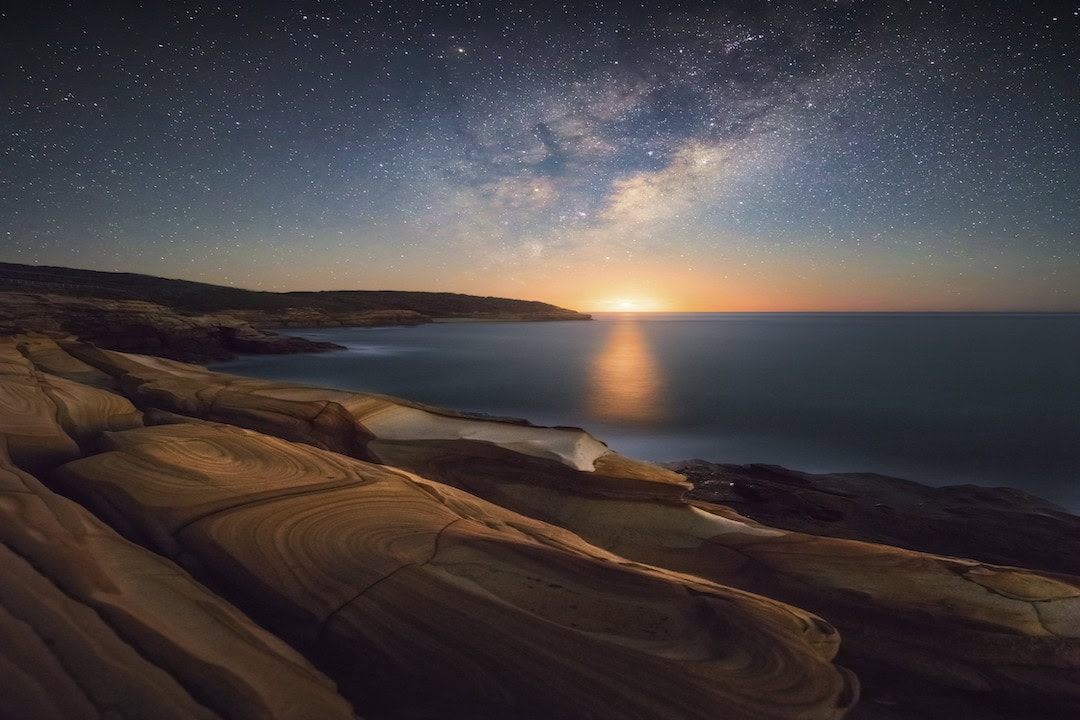
Mount Ku-ring-gai Oval in Ku-ring-gai Chase National Park
Mount Kuring-Gai Park, Flanders Ave, Mount Kuring-gai
This spot is considered a bit of a local secret. On the far southwest side of Ku-ring-gai Chase National Park sits Mount Ku-ring-gai Oval. The flat circular cricket and football field, although next to the M1 highway, is a popular stargazing spot due to the dense bushland surrounding it, allowing for clearer view of the night sky, and ease of accessibility. The field is the perfect spot to put down a blanket and set up your telescope. In the summer months you can see the well-known constellation Orion right above the field.
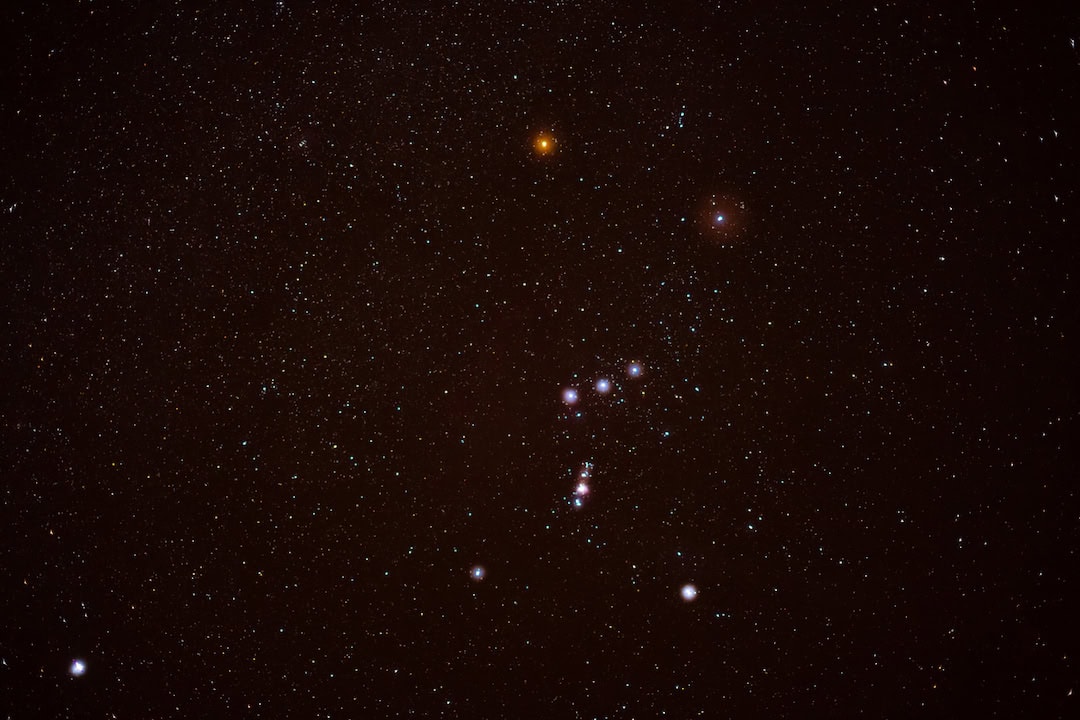
The constellation Orion in the night sky to stargaze in and around Sydney / Getty Images
To check out where to camp under stars, click here.
Travel to Sydney
Rex flies to Sydney. Book your tickets here and check out the route map below.


